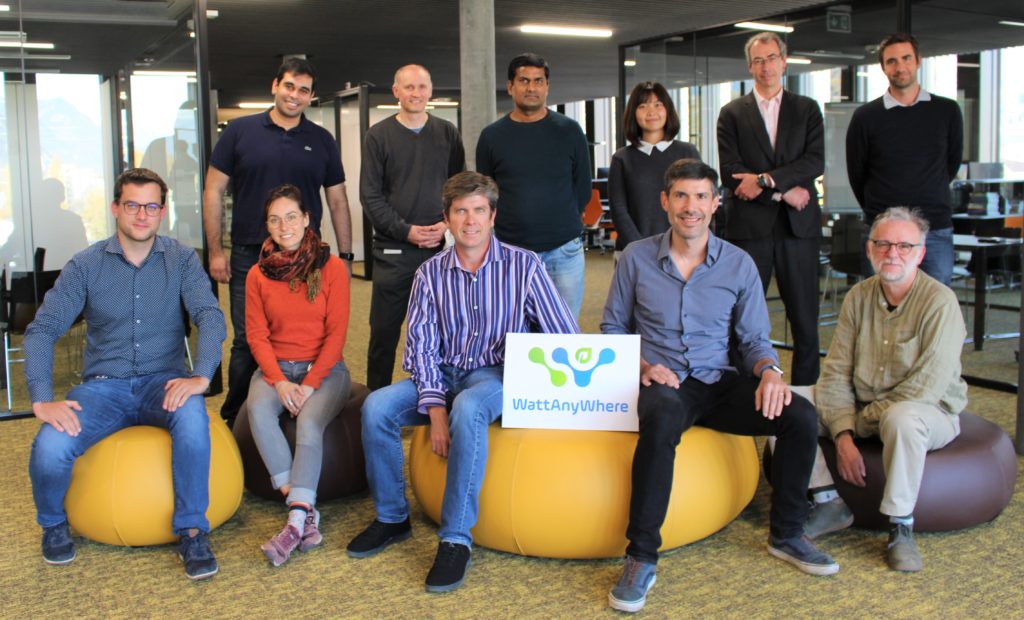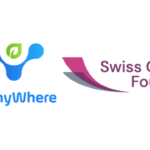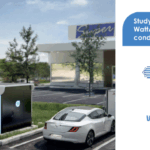The year is off to a great start for WattAnyWhere with the official launch of its Innosuisse project entitled “Fuel Cell System for Efficient Bioenergy Production”.
04.03.2022
The start-up, supported by The Ark Foundation’s Incubator, is continuing its development and starting new collaborative projects.

WattAnyWhere conceives an innovative solution allowing the production of bioenergy, i.e. electricity produced from biomass, without polluting emissions, without noise, and put in service on site in less than one month!
The start-up is transforming the way high power electricity demand is delivered to anyone, anywhere – from fossil fuels to renewables, from centralized and expensive infrastructure to decentralized, adaptable and customer-centric solutions. Its goal is to meet the growing demand for high-power electricity (300kW and above) distributed across Europe at fast charging sites for electric vehicles.
The project proposes the design and development in Switzerland of electricity production units that are totally independent of any gas or electricity infrastructure. For fast charging station operators, the WattAnyWhere SOFC (Solid Oxide Fuel Cell) based system delivers over 300kW, and is fueled with renewable ethanol from residues, a safe, economical and widely available liquid hydrogen transport vector throughout Europe.
On January 24th, WattAnyWhere announced the official start of its Innosuisse project entitled “Fuel Cell System for Efficient Bioenergy Production”. This project is carried out in partnership with the EPFL and the HES-SO Valais-Wallis. Located in the heart of the Energypolis innovation center, the start-up also benefits from an aggregation of technical and human competences which allows it to develop and find new ways of ascension. Finally, Innosuisse brings an impactful financial support to the project. Indeed, the Swiss agency that encourages innovation covers 30% of the financing of the proof of concept, a significant support that also seals the links of the startup with its academic partners



